BBC Doctors.
Continuing drama
DIRECTOR | series 24 | 6 x 30” | BBC One
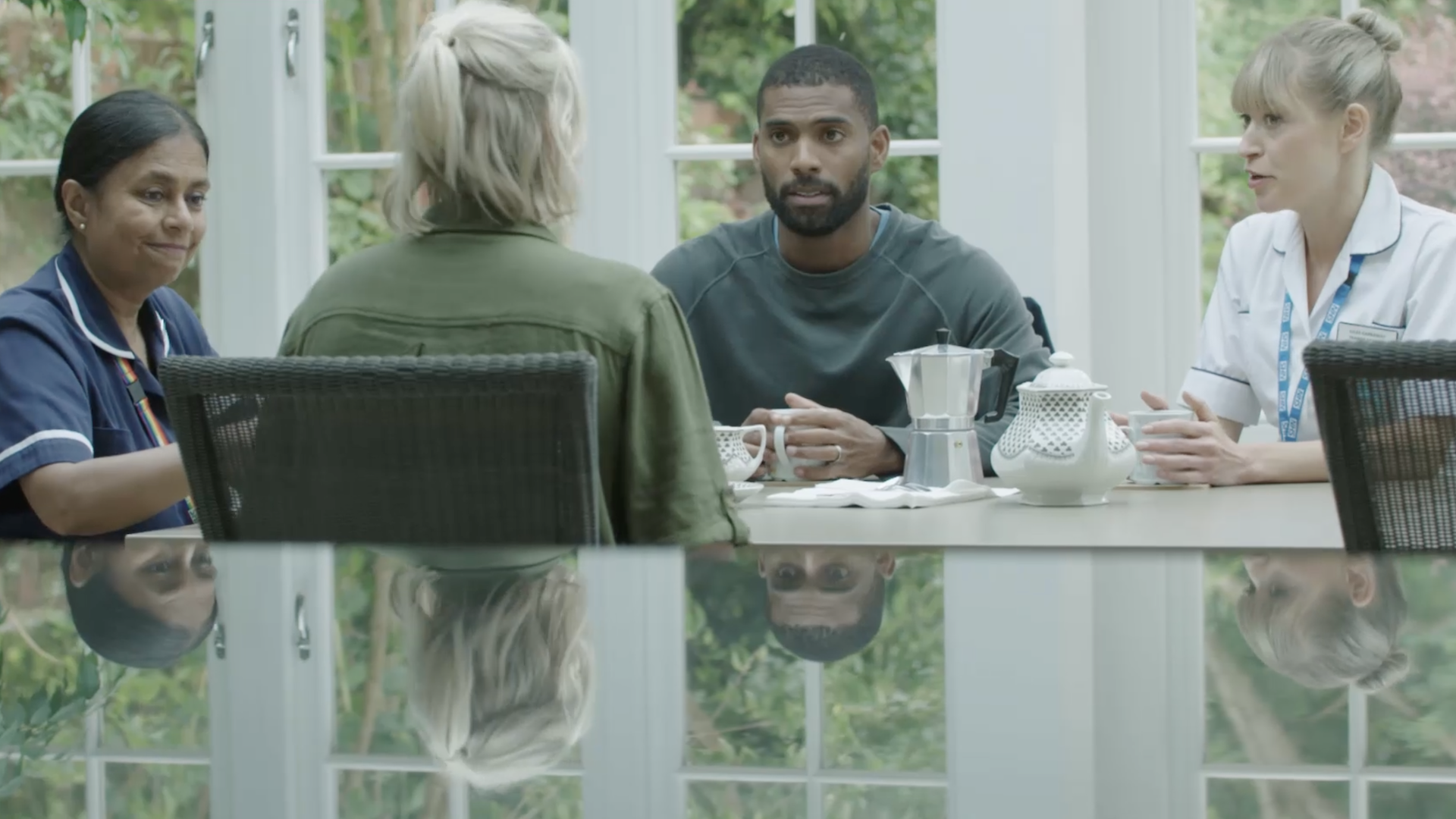
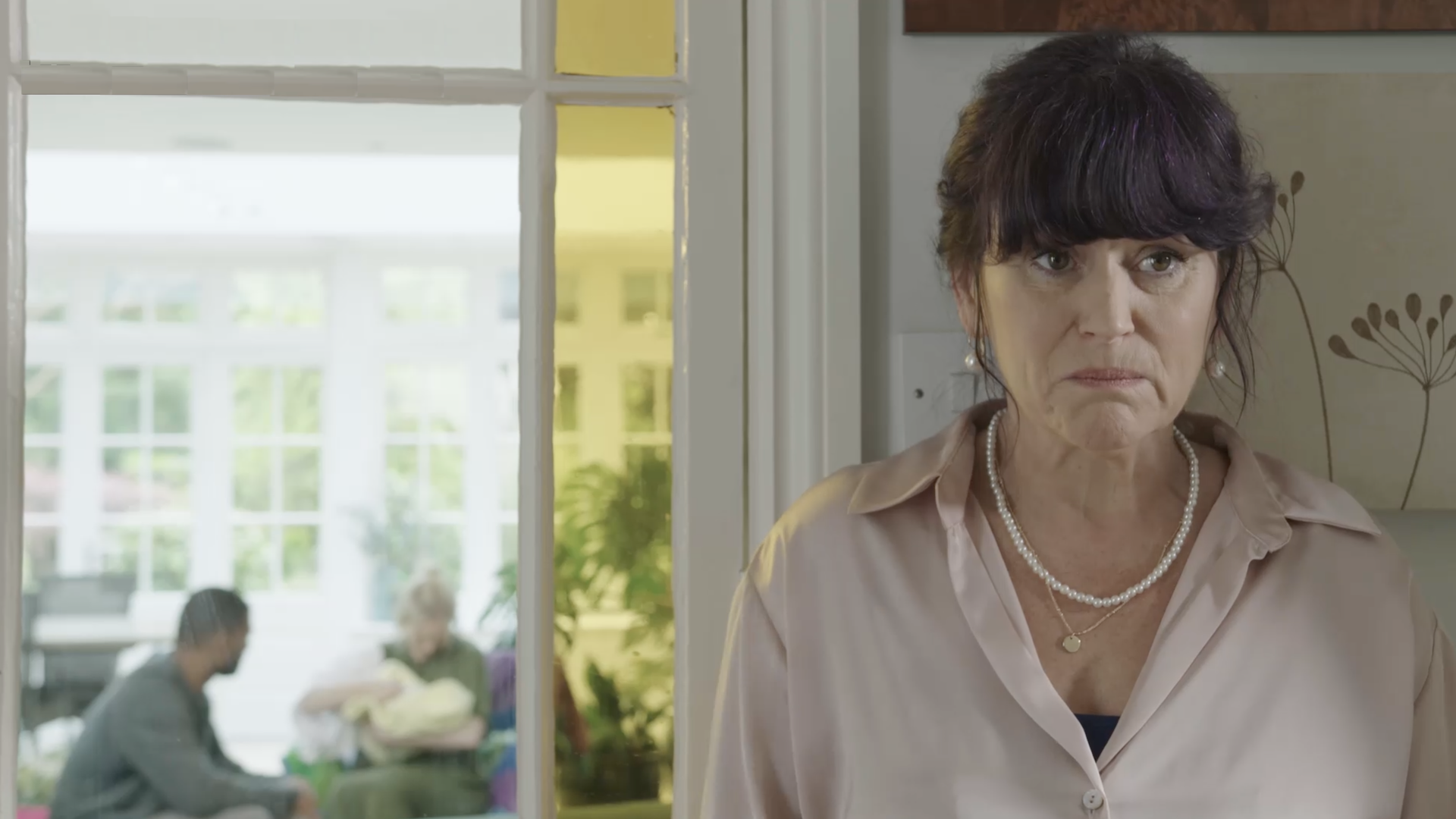
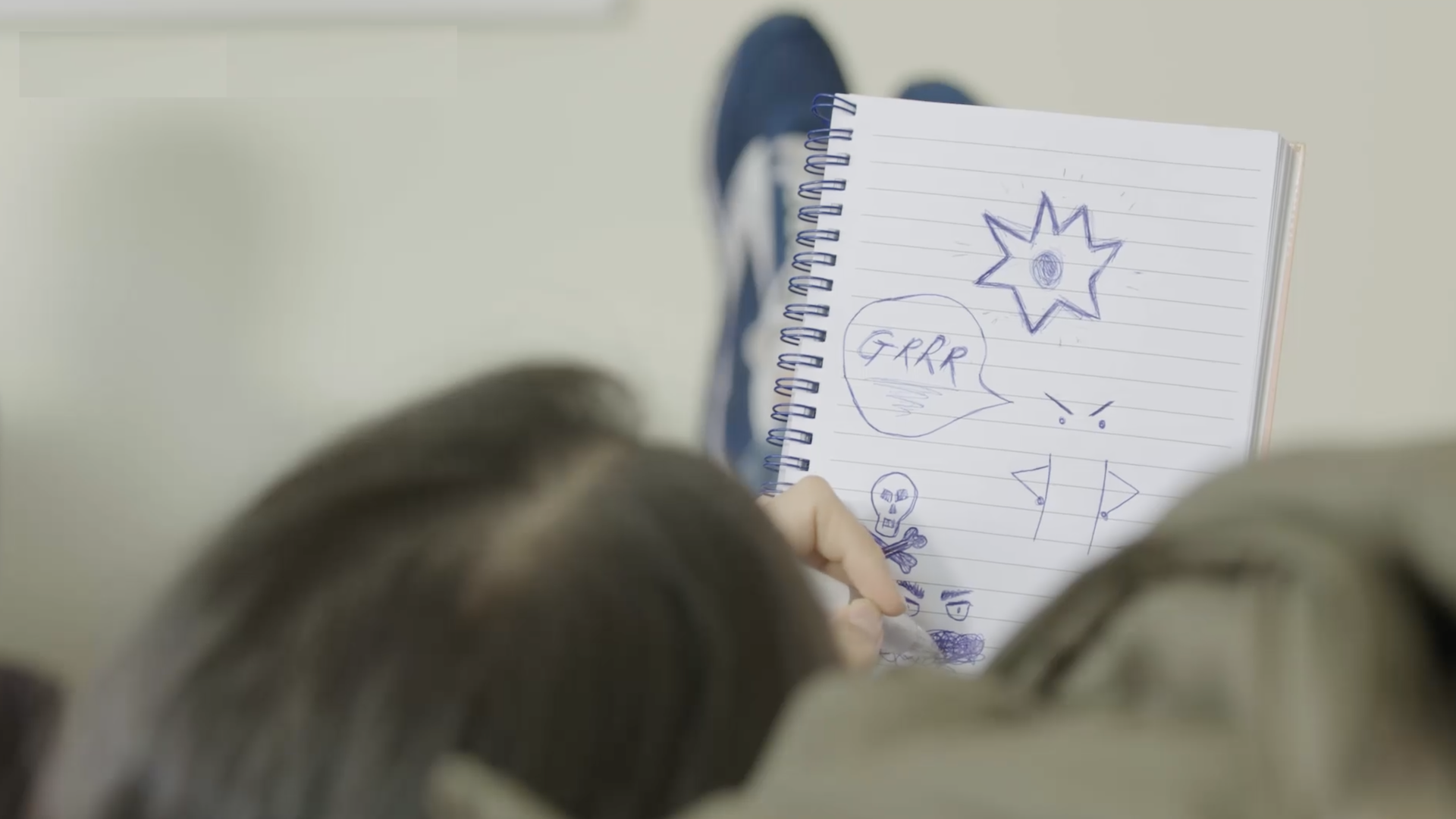
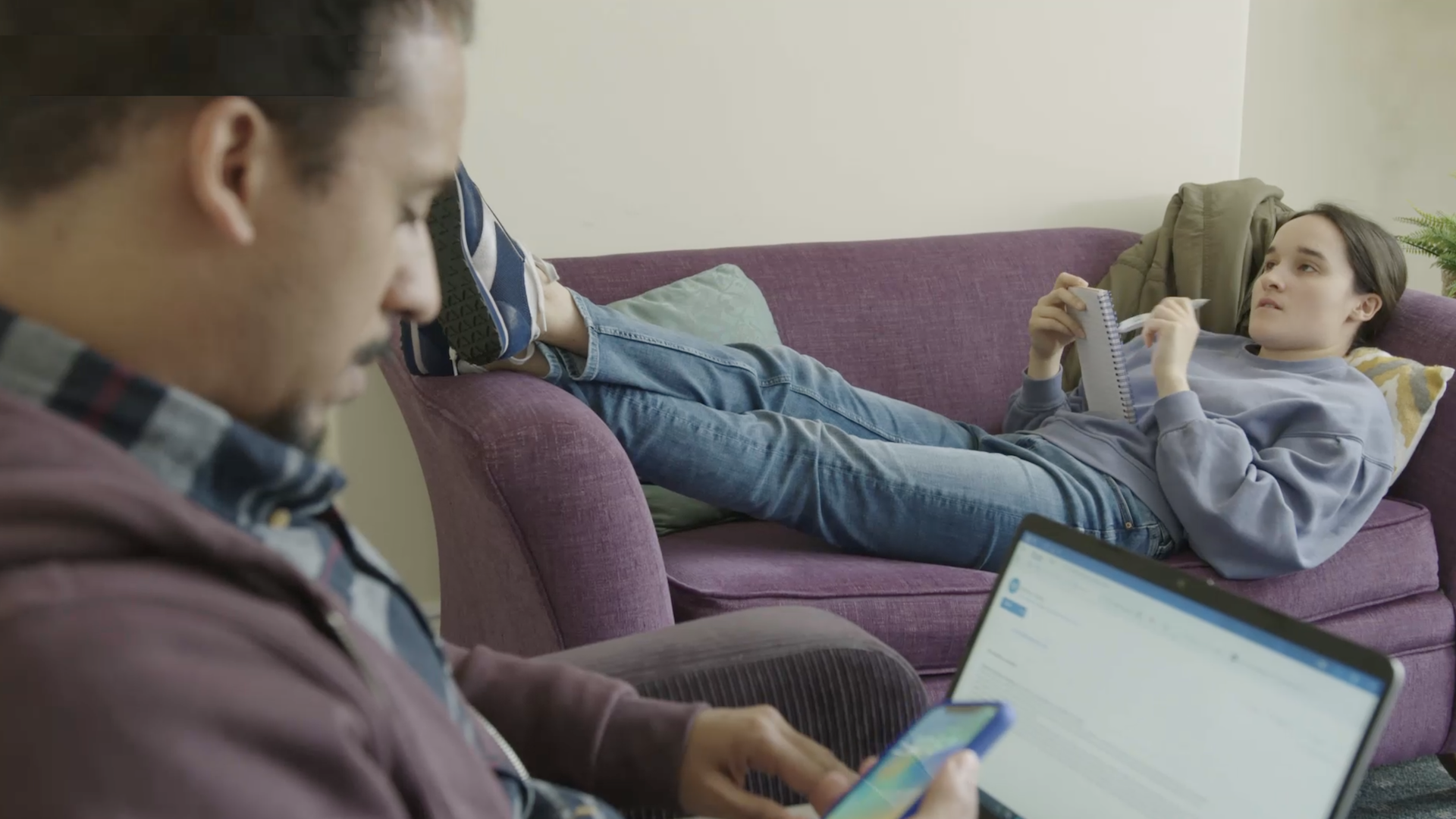
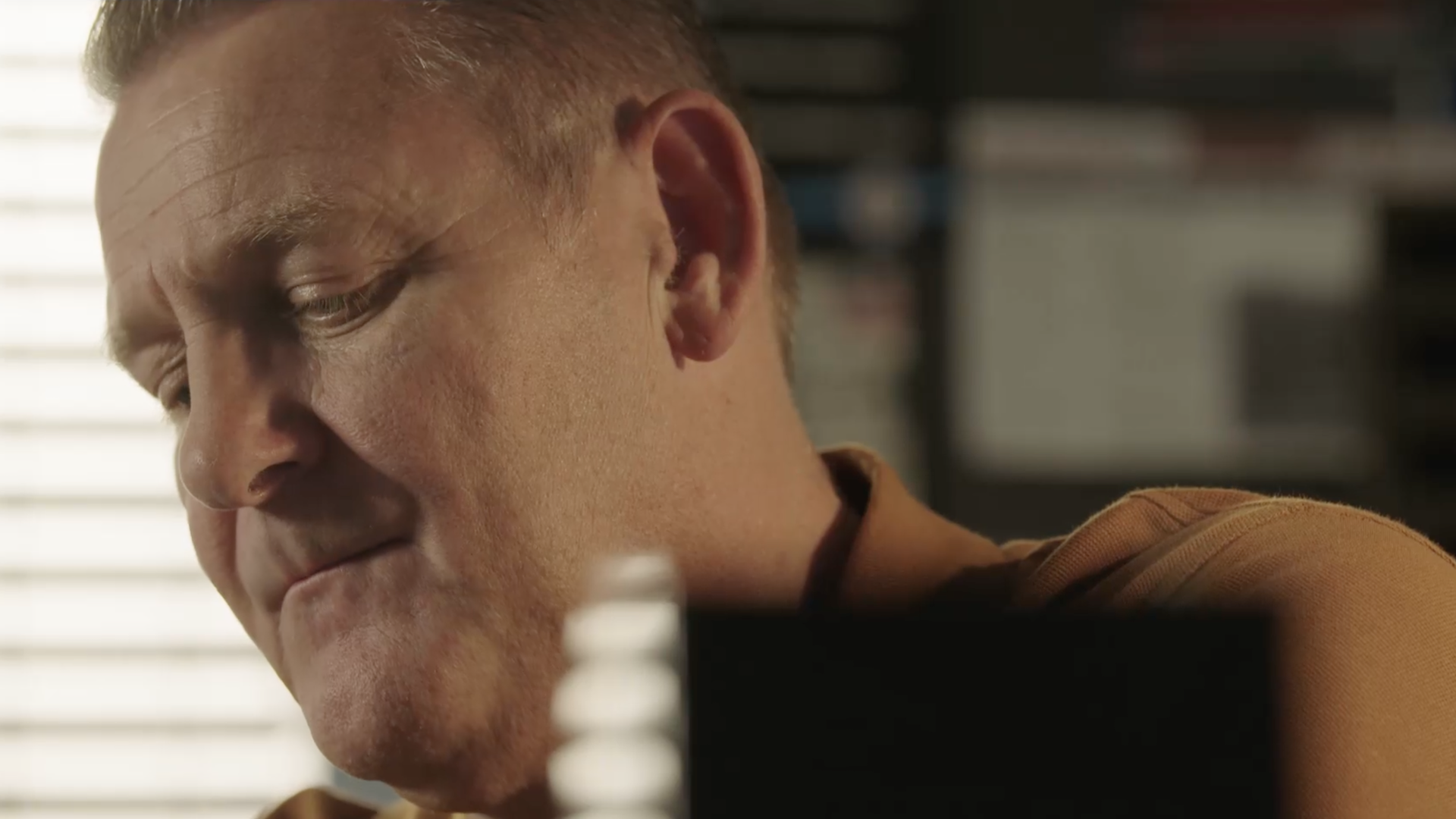
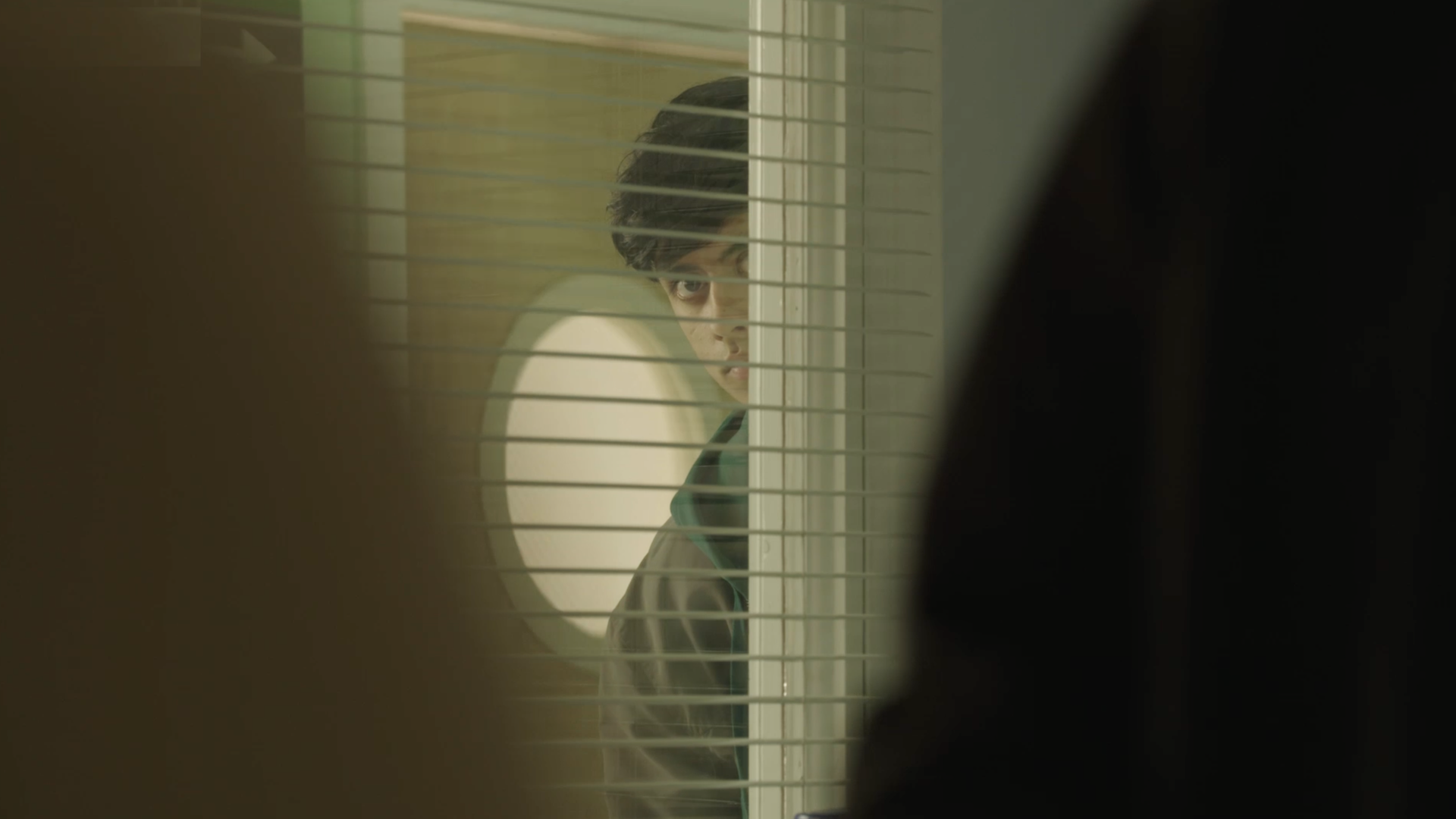
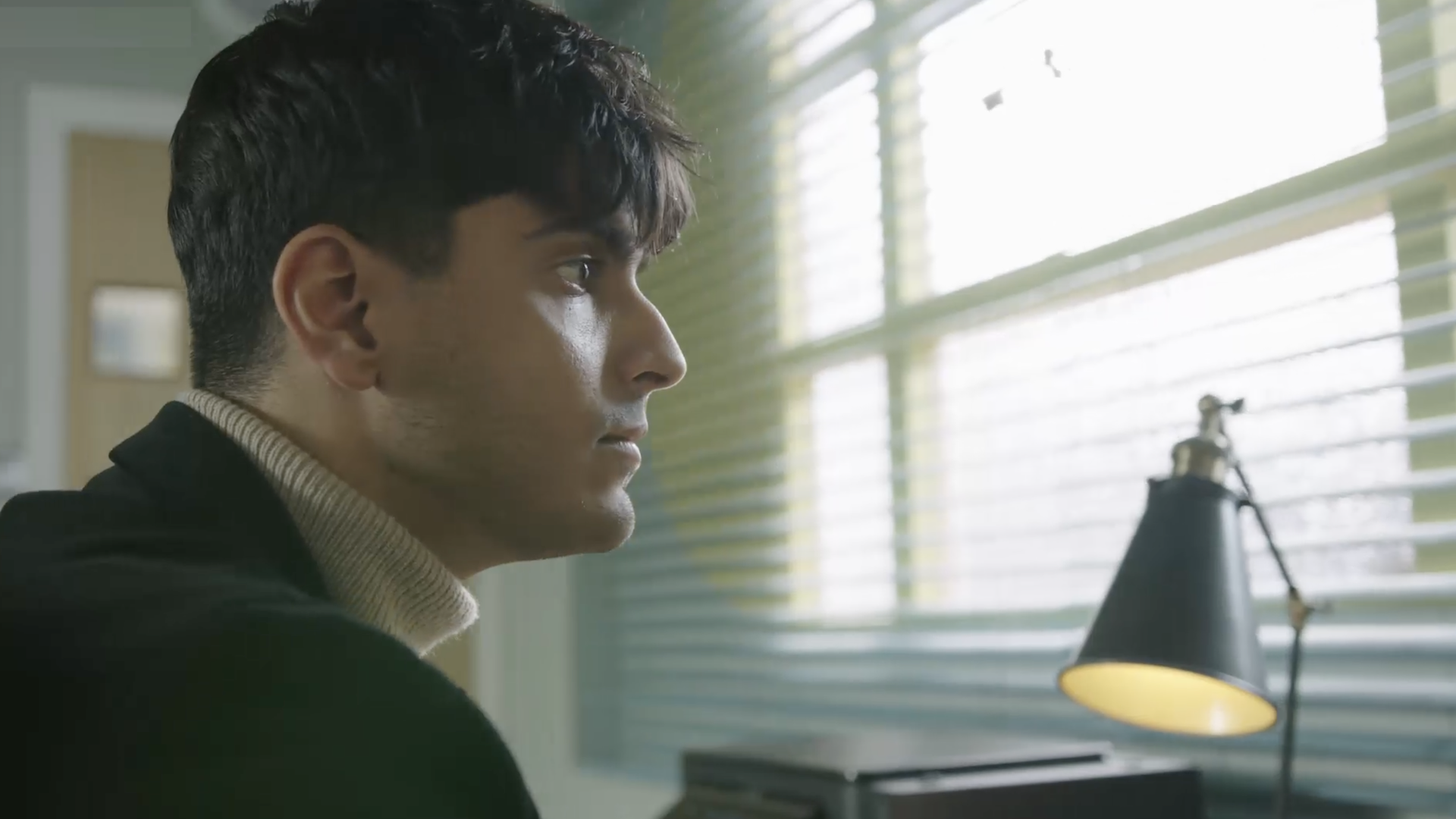
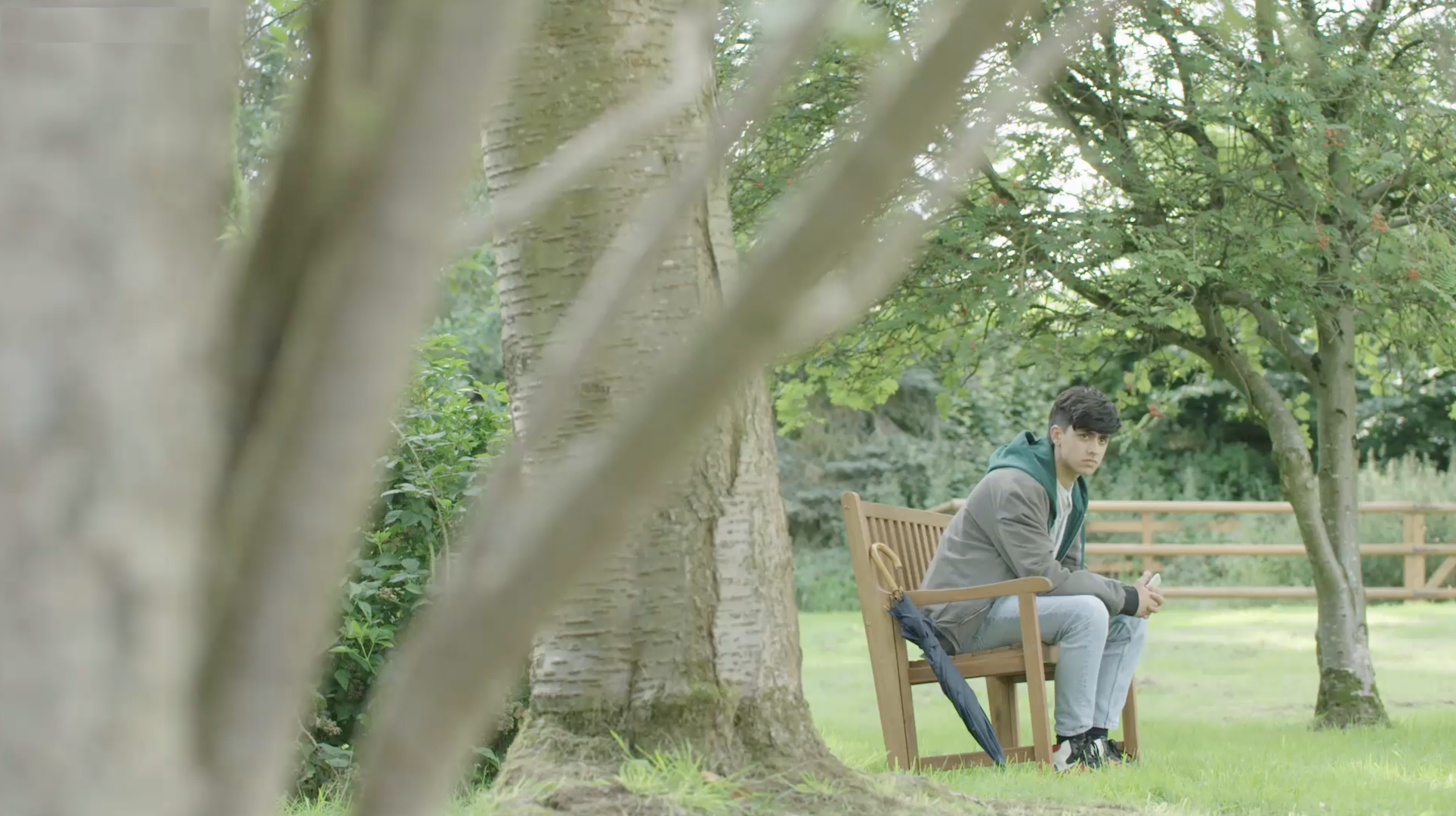
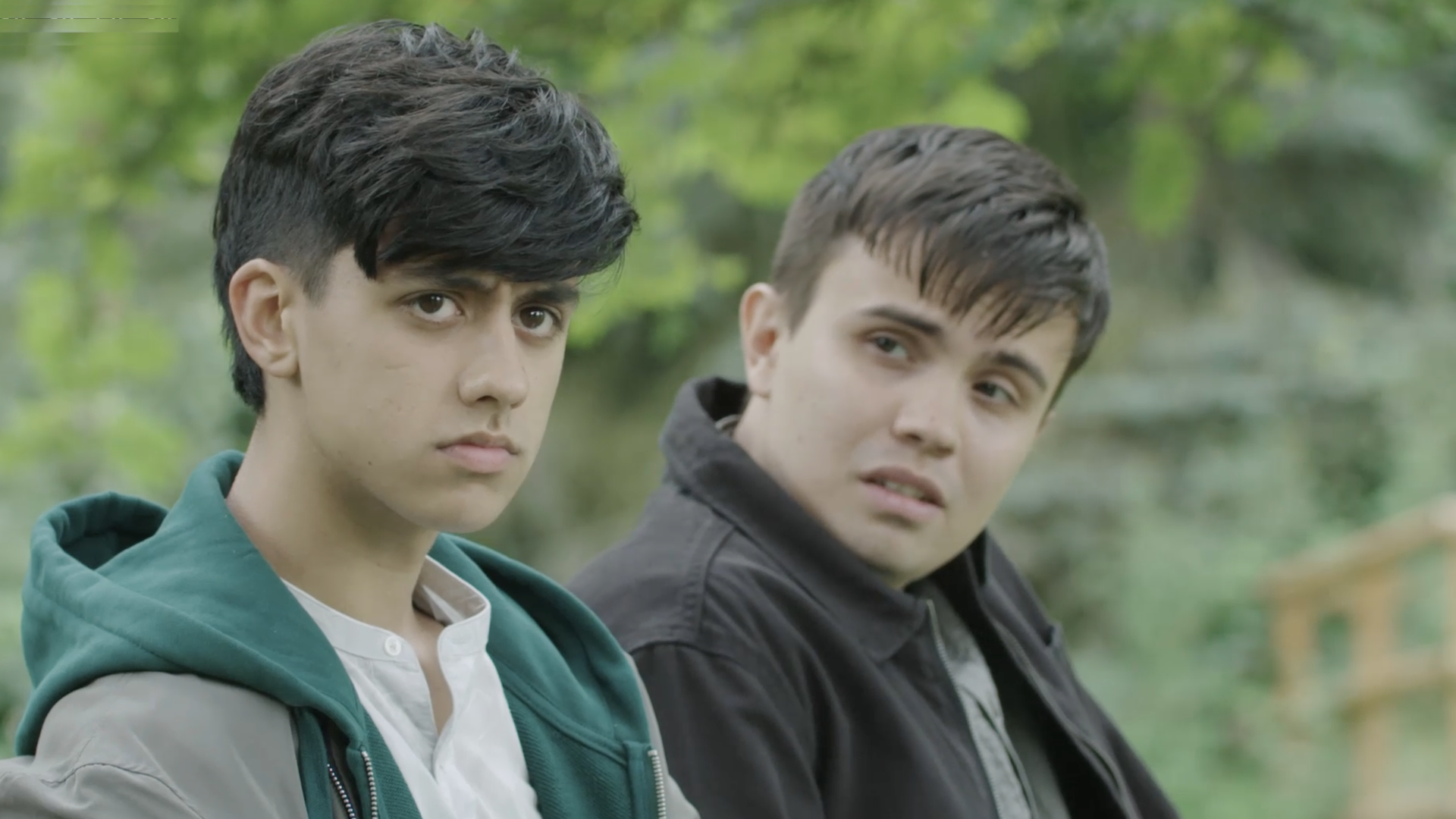
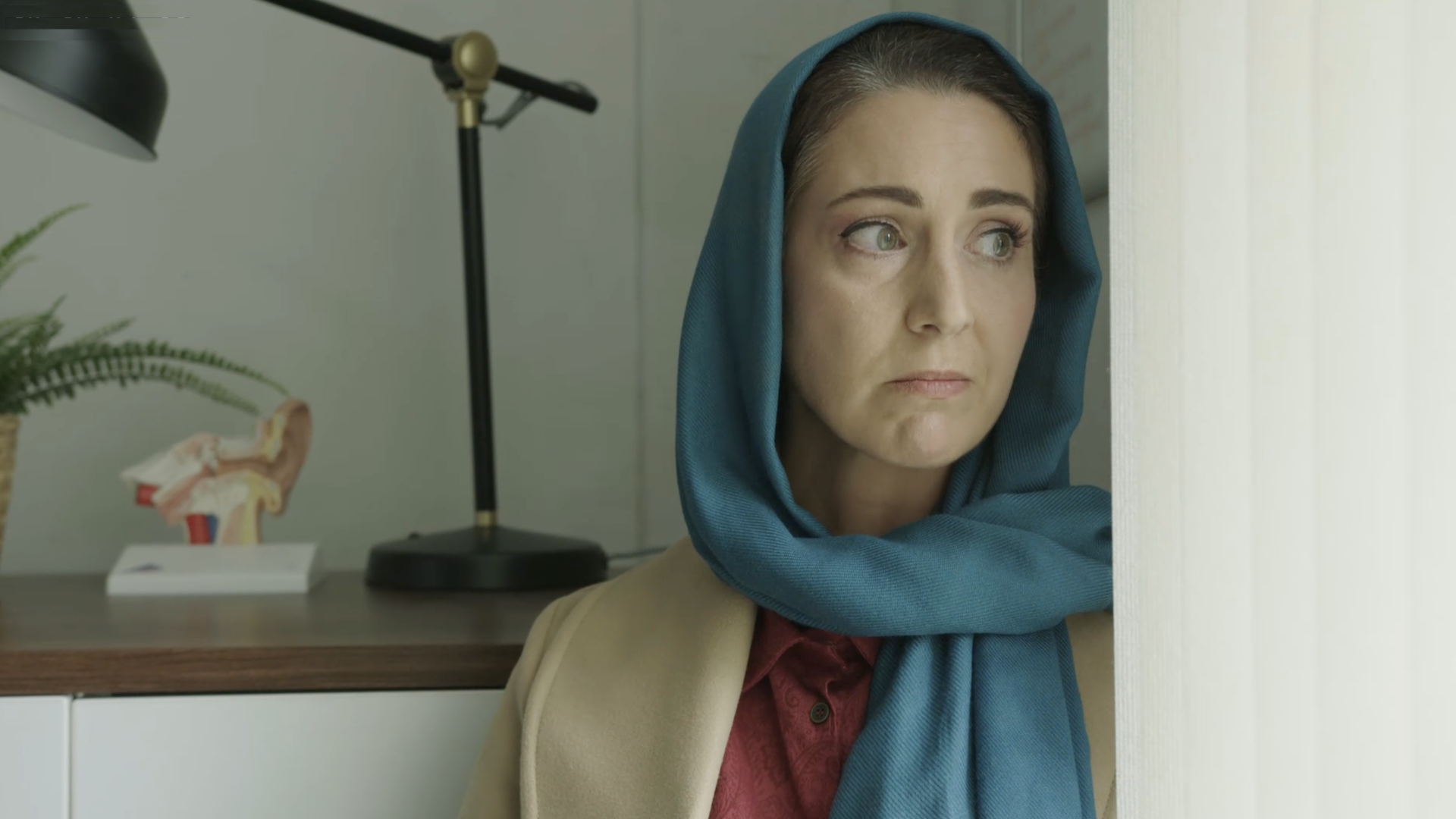
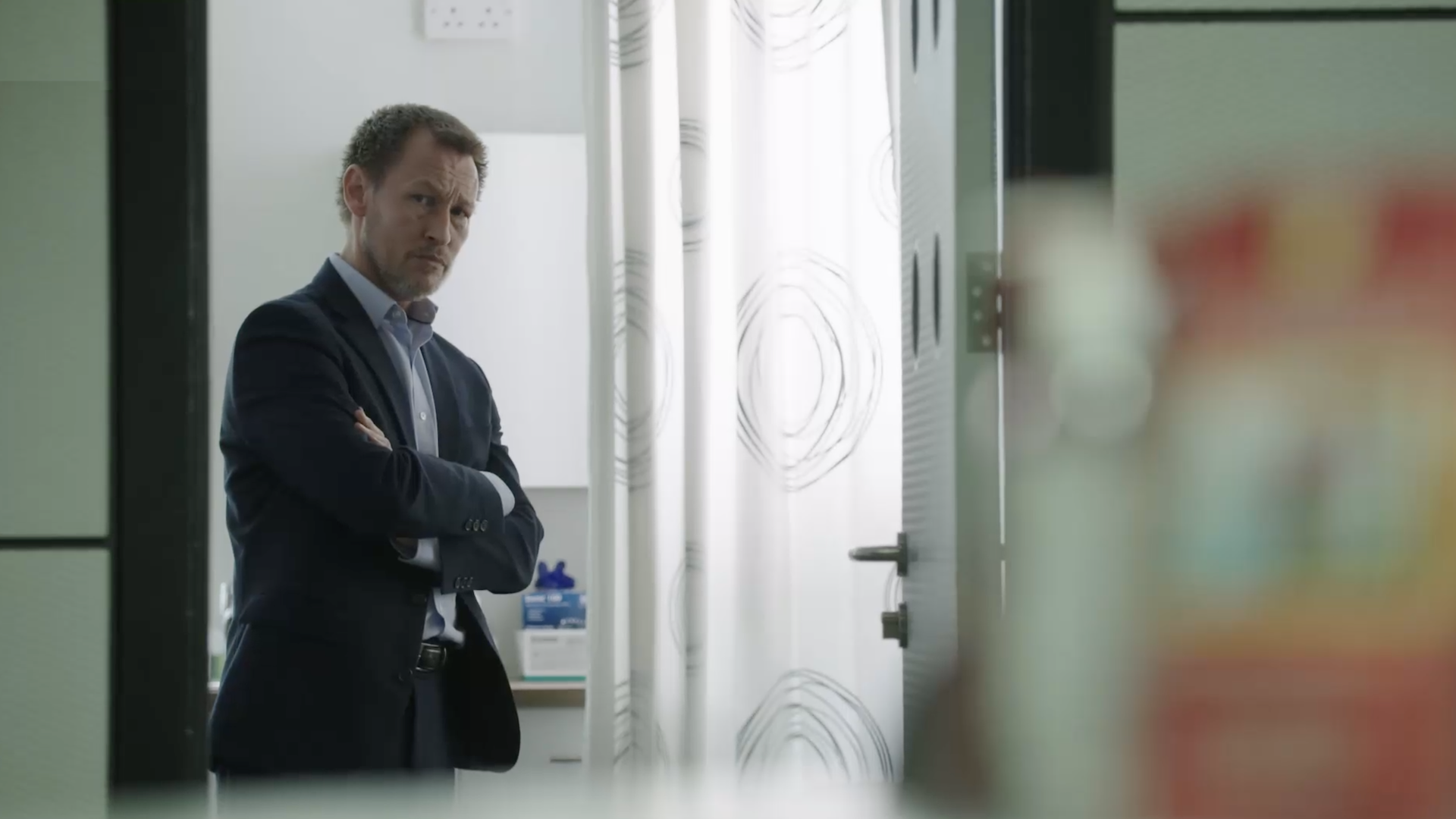
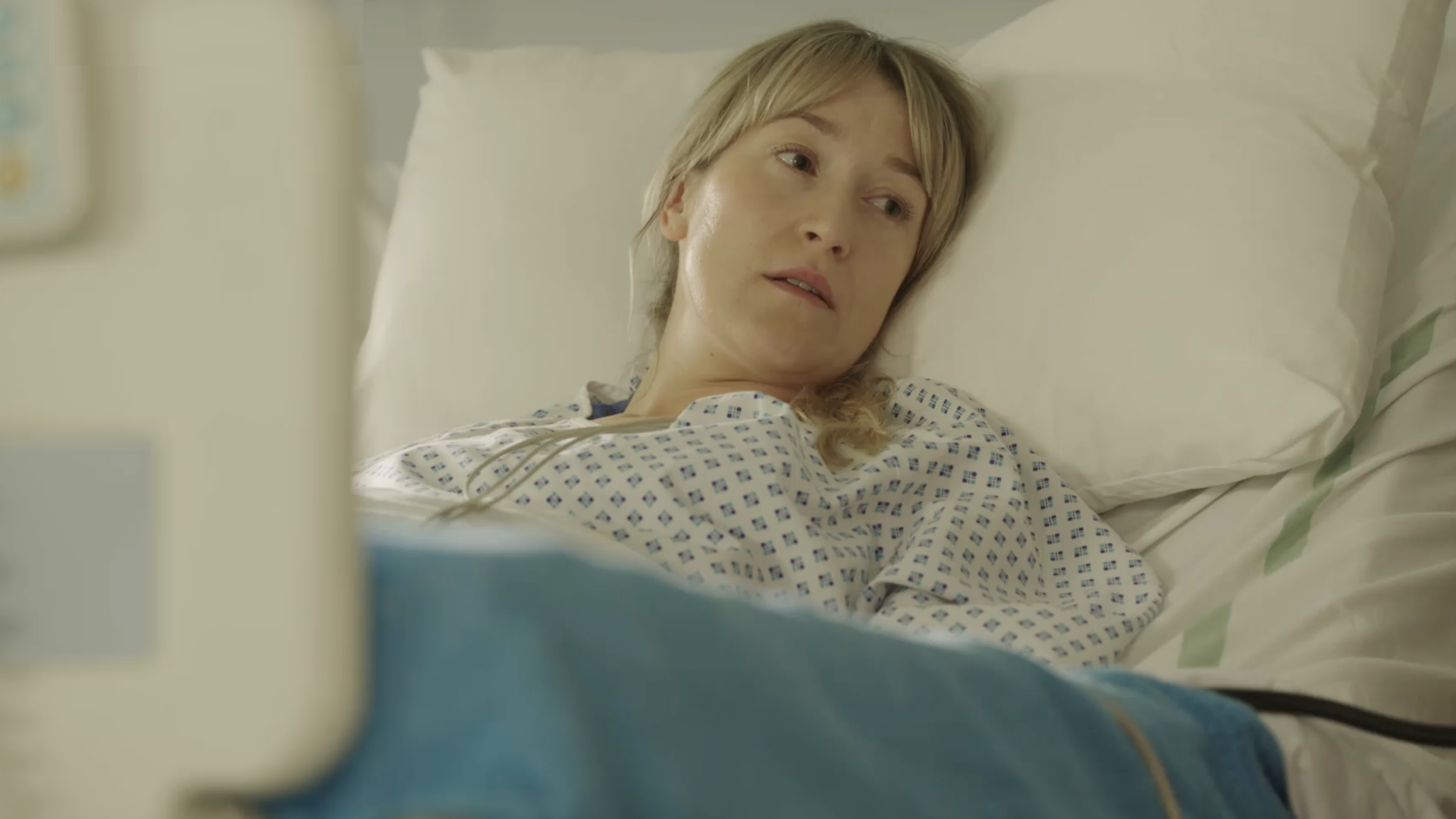
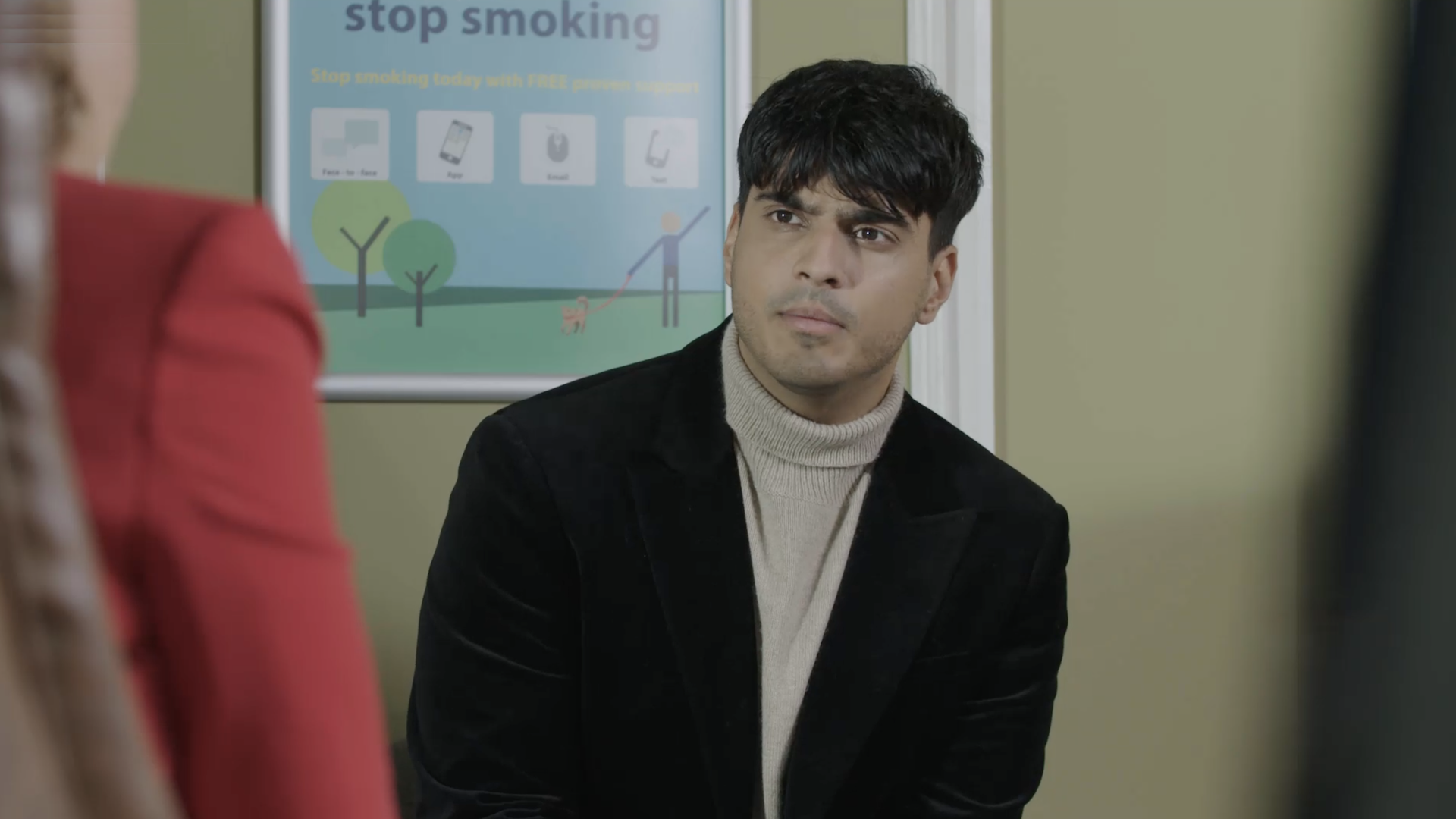
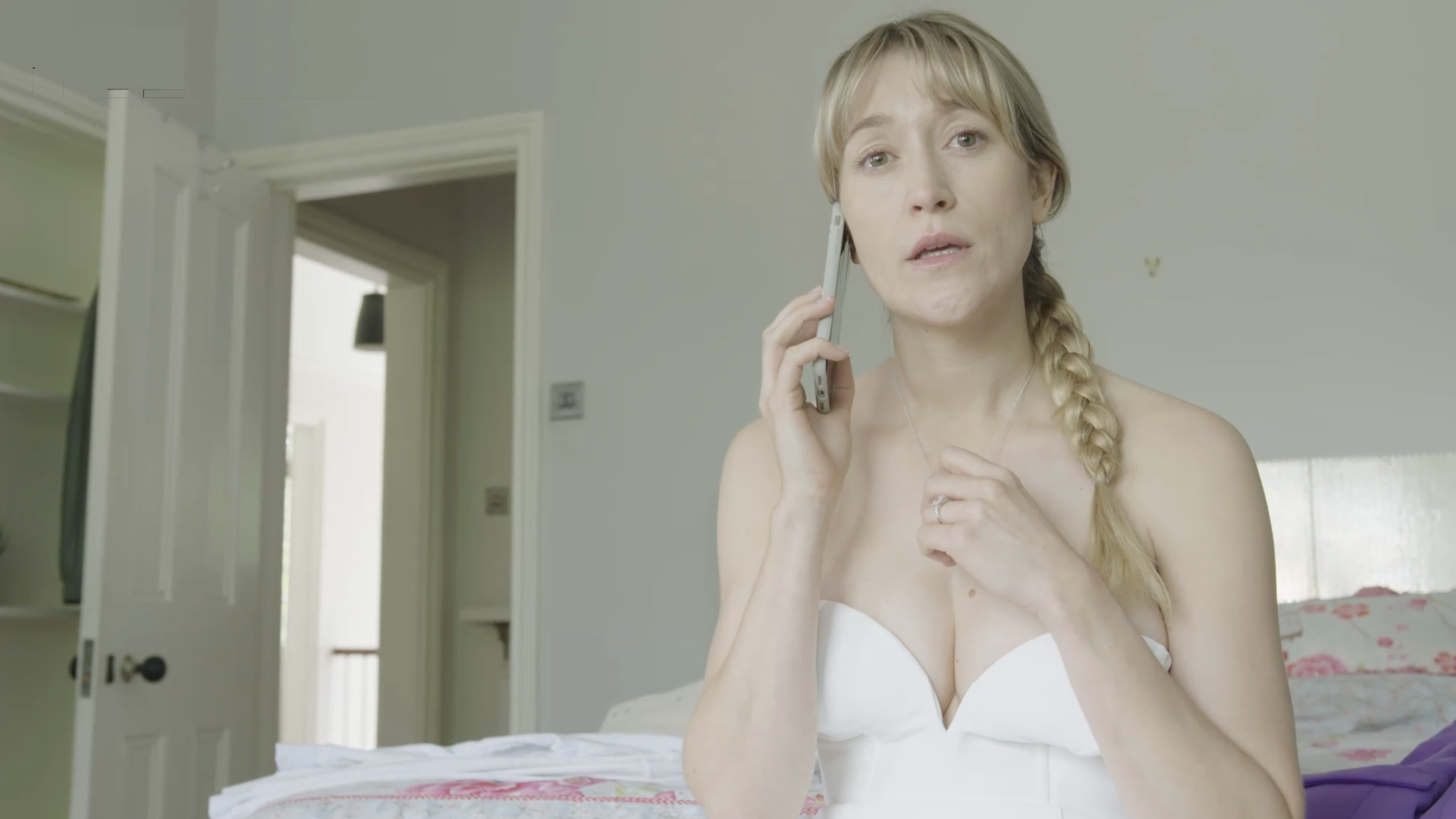
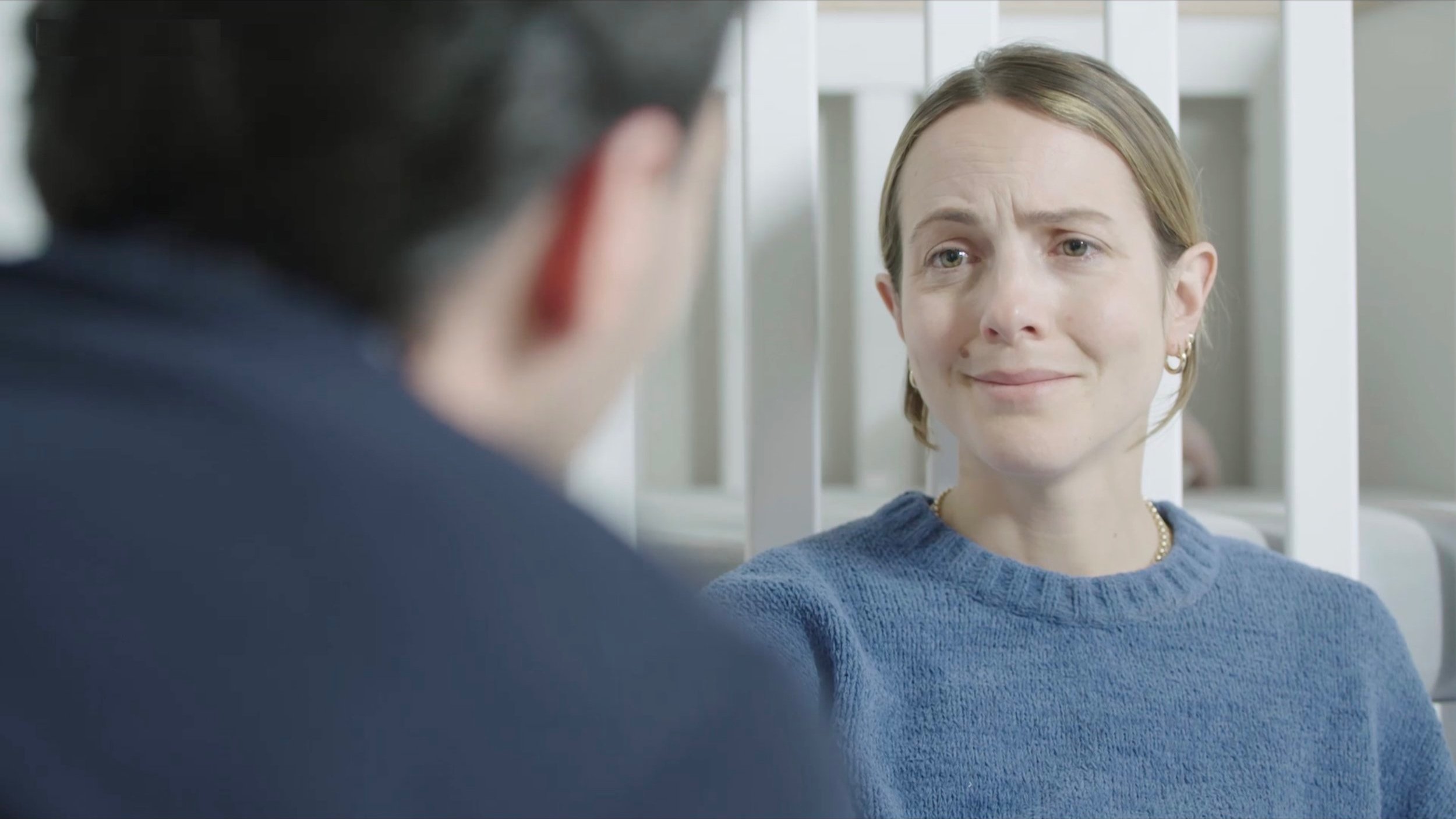
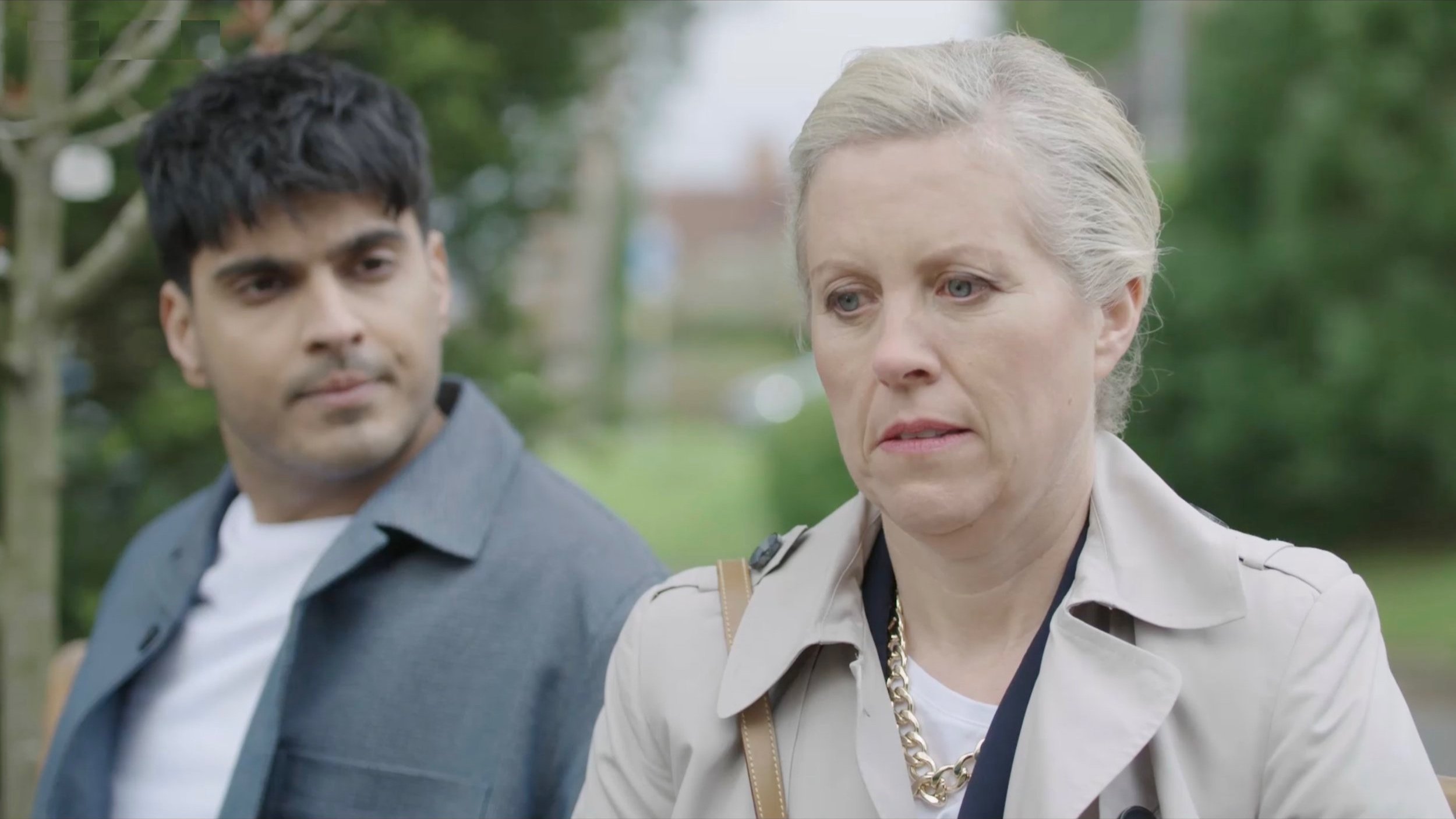
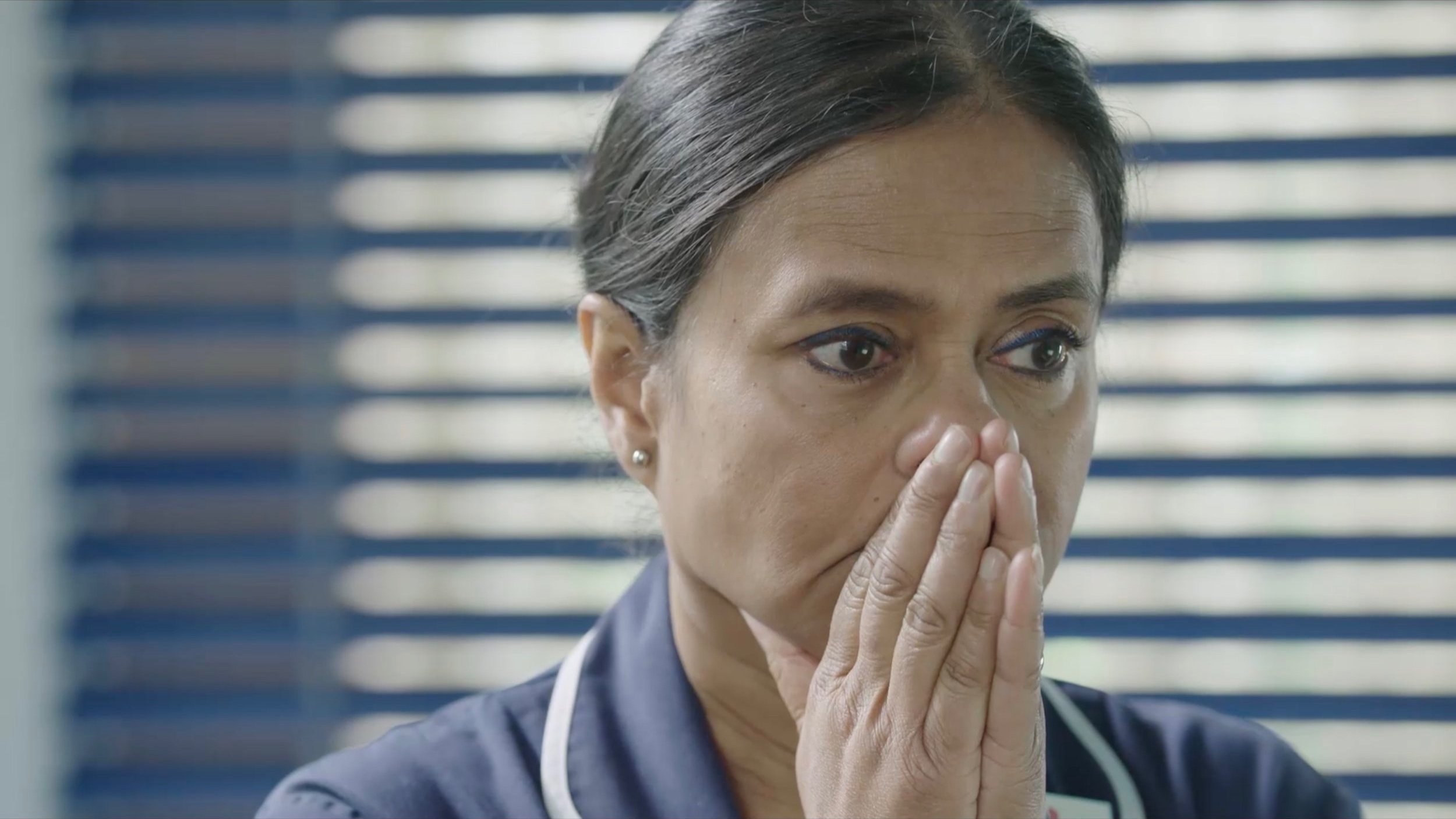
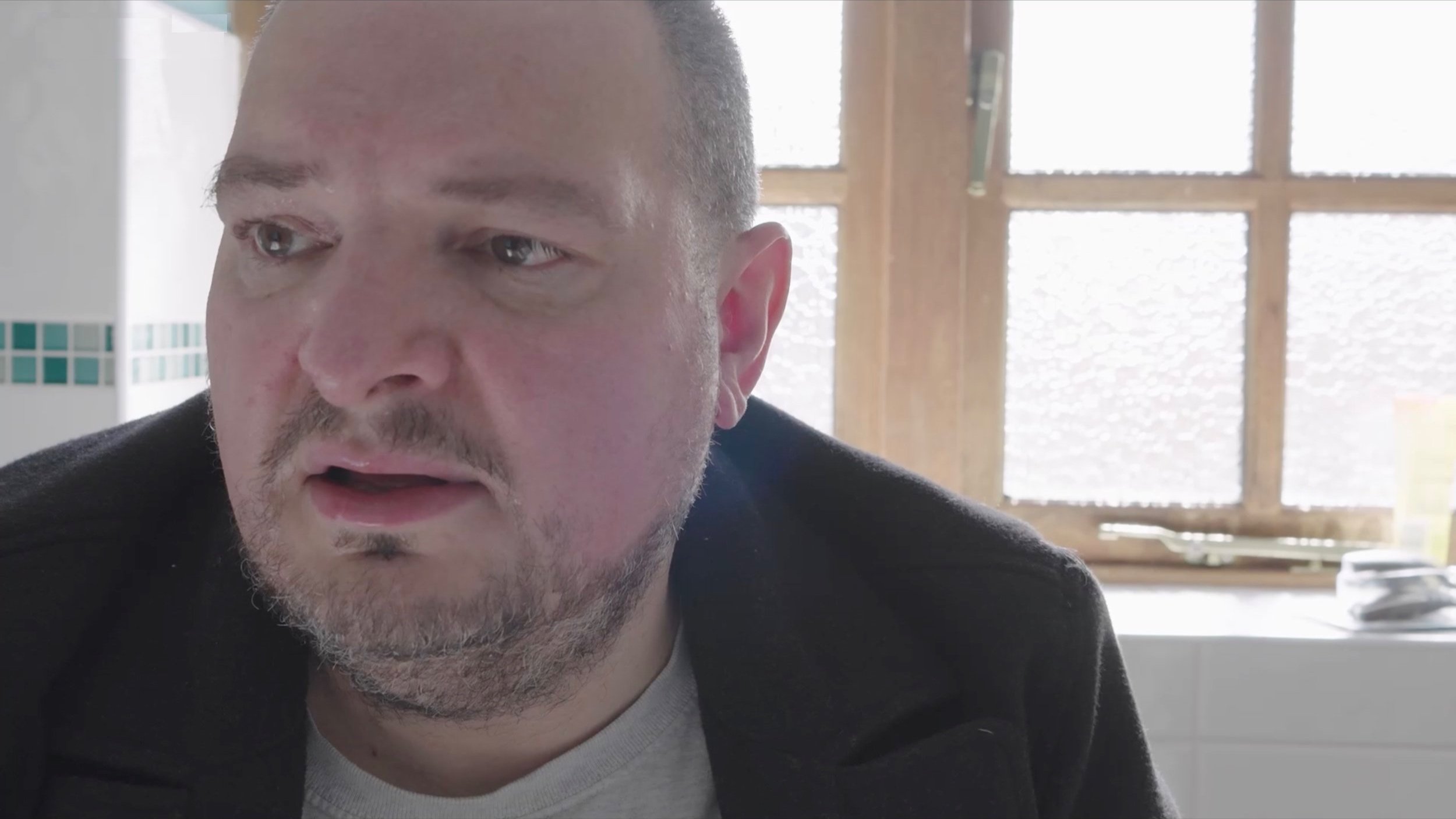
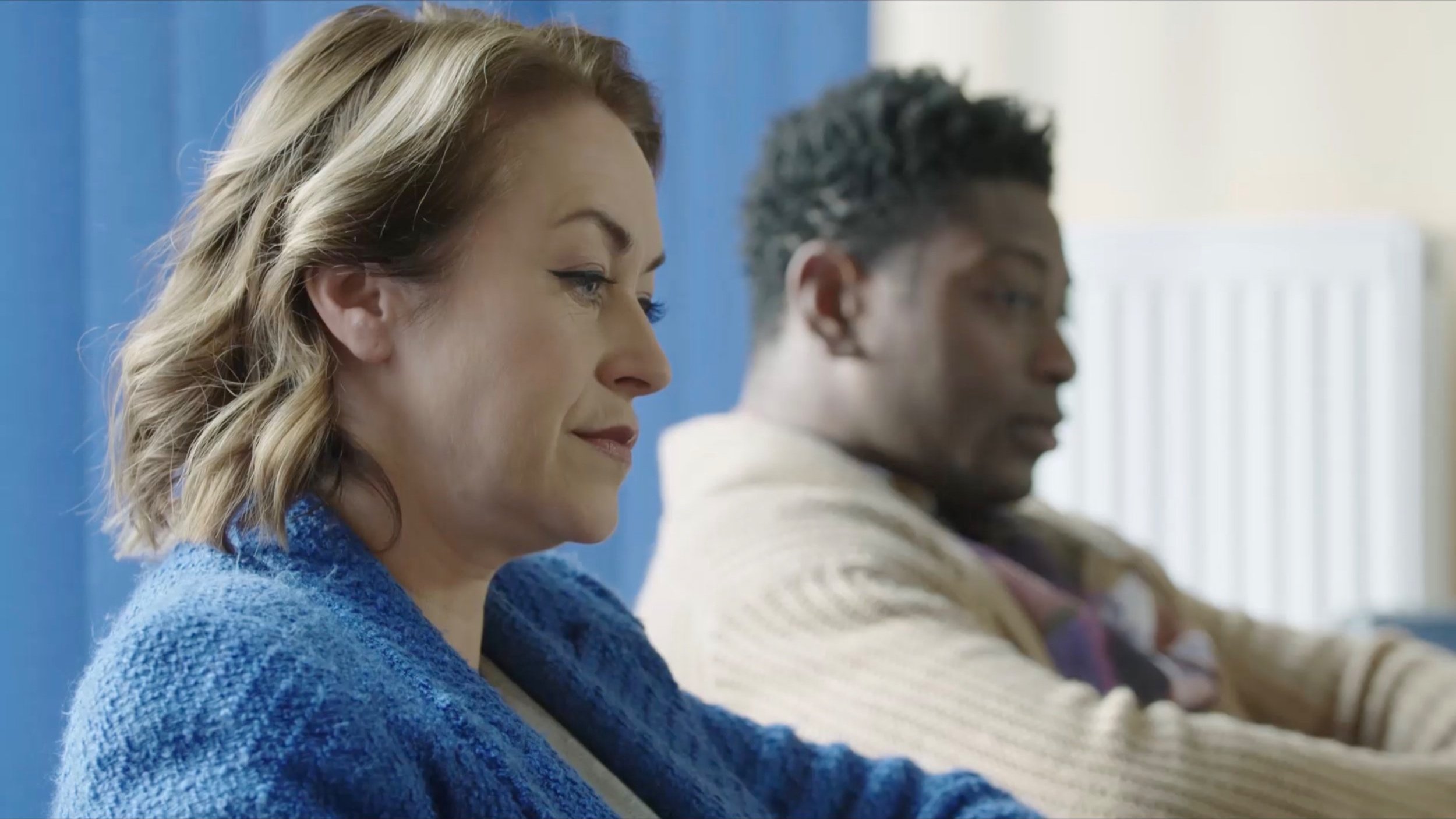
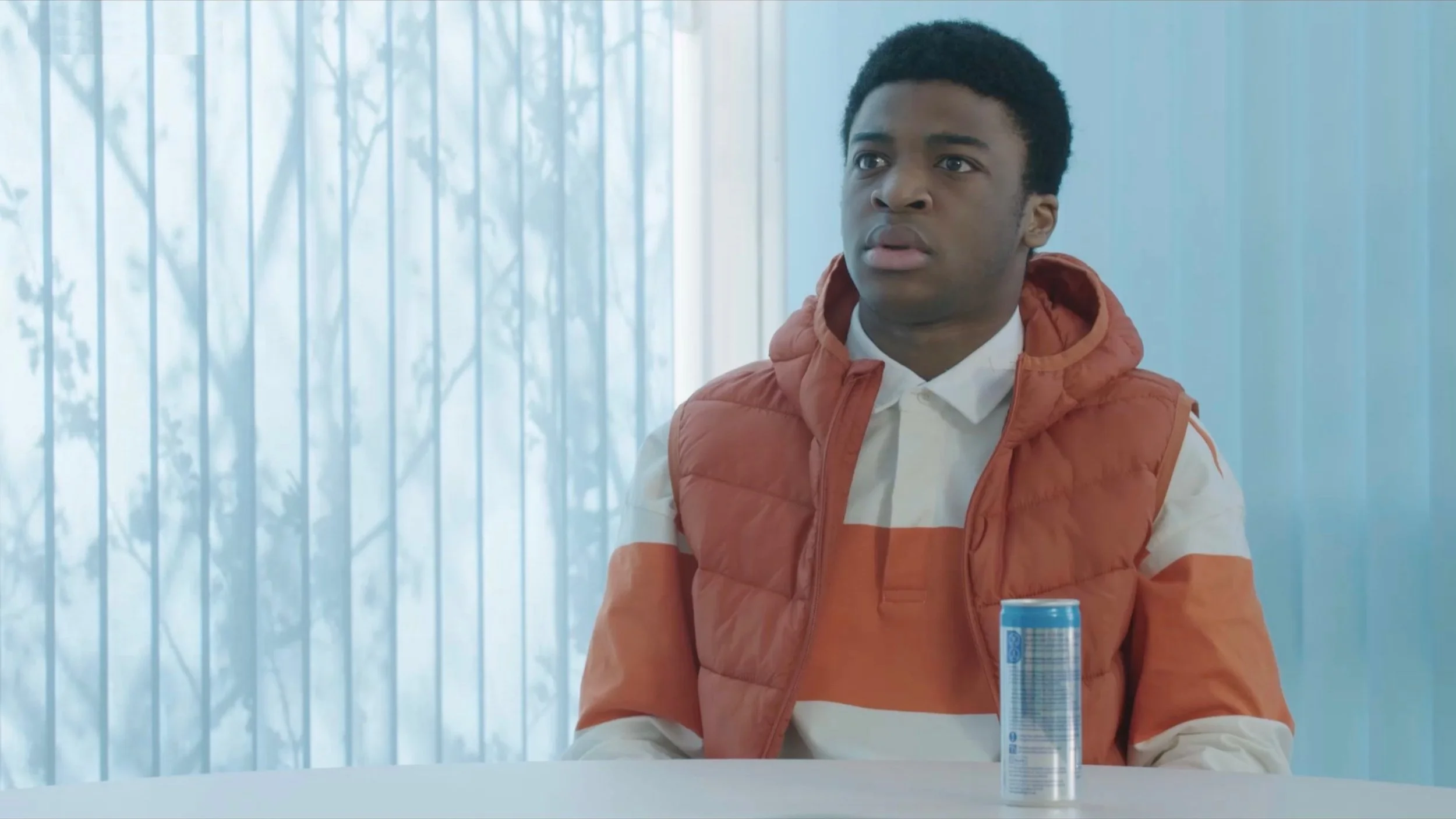
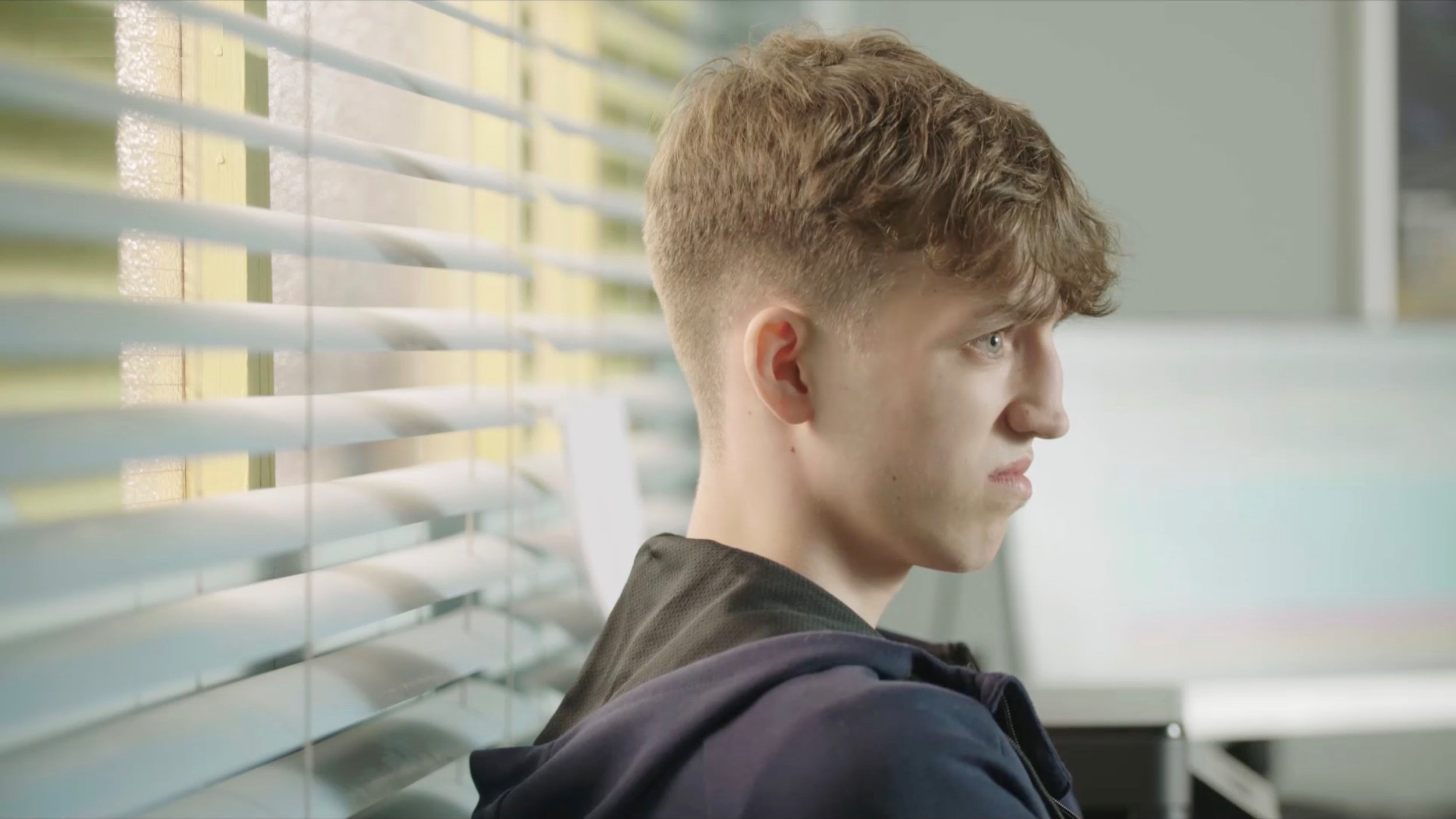
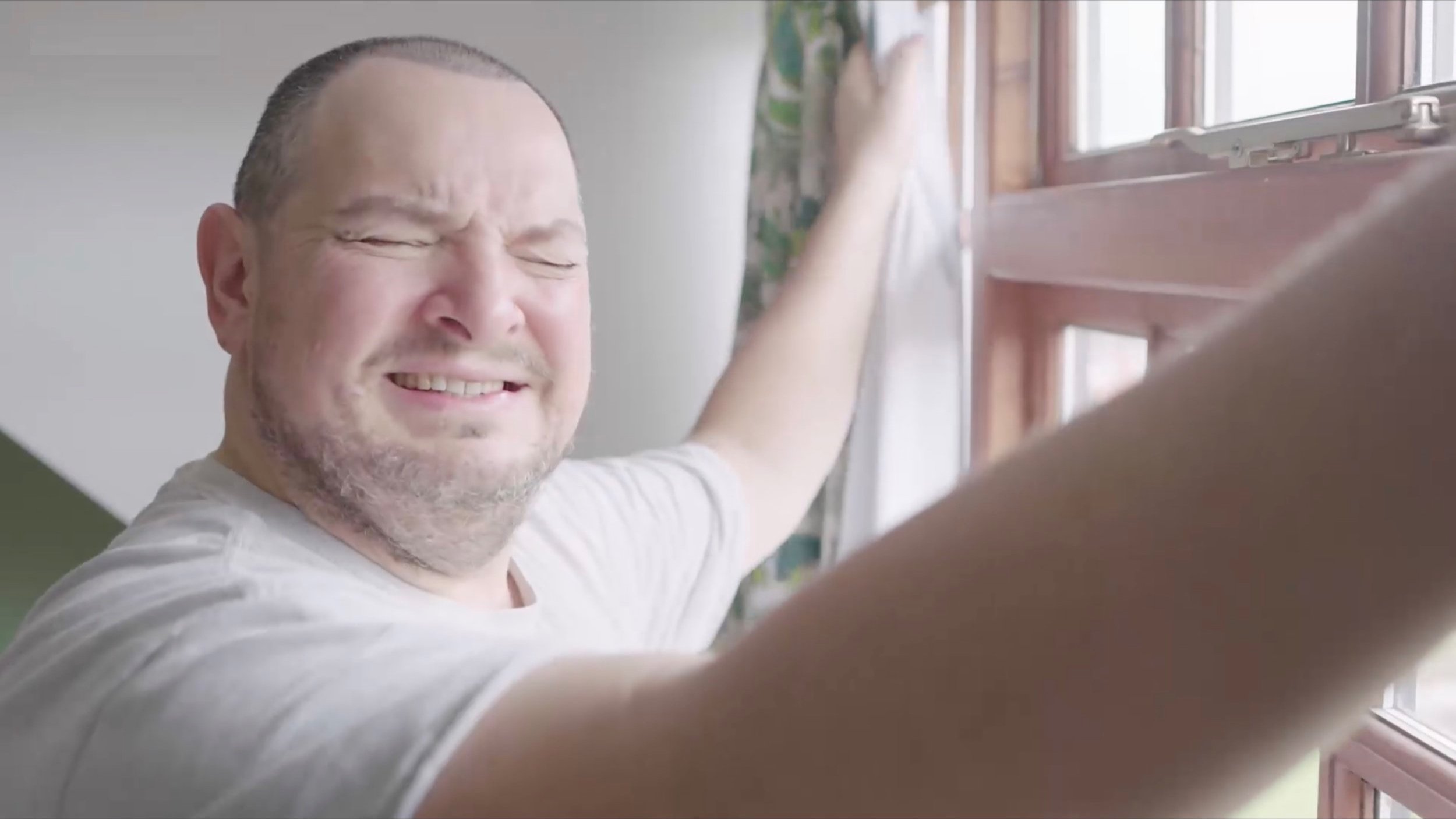
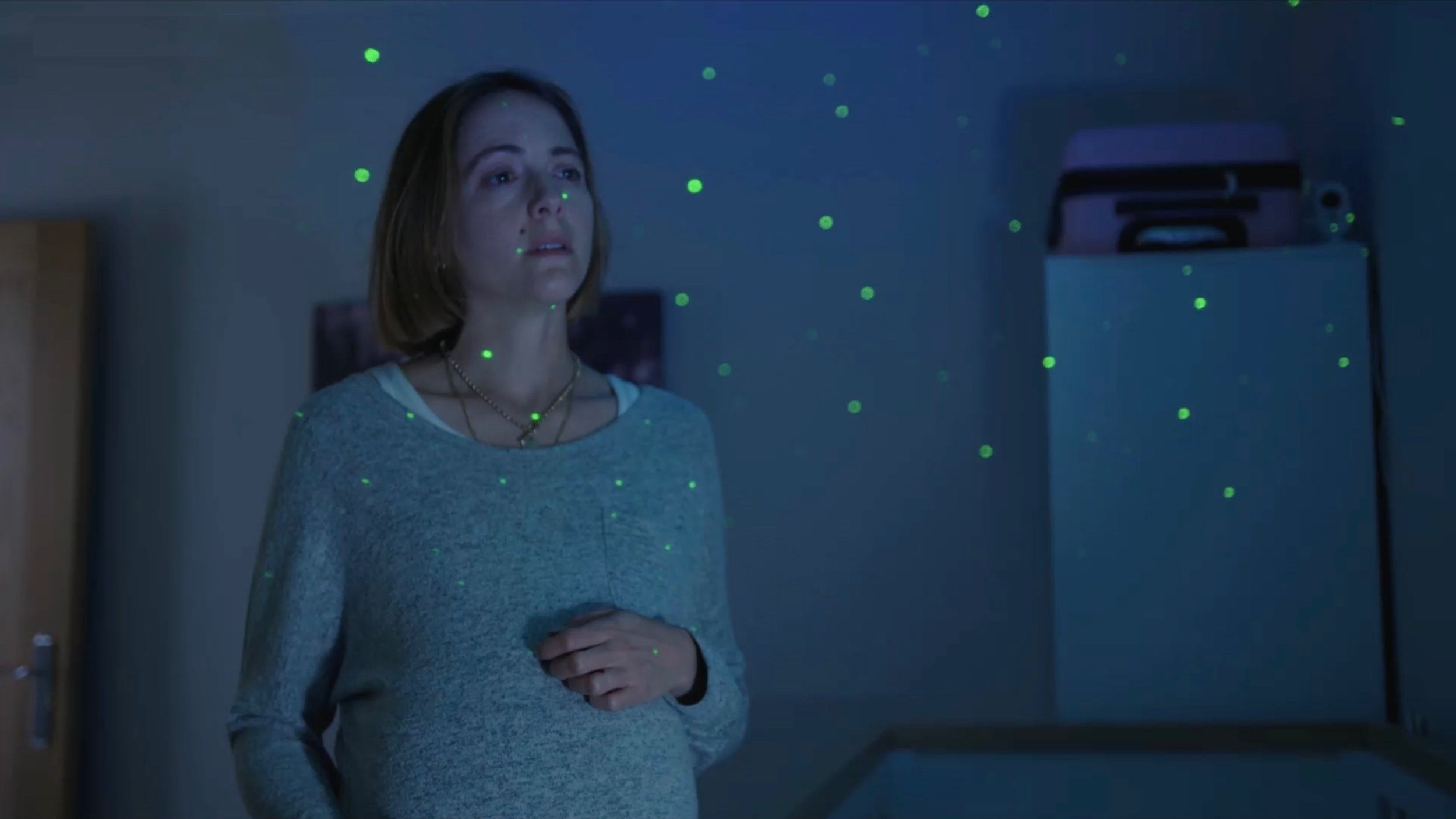
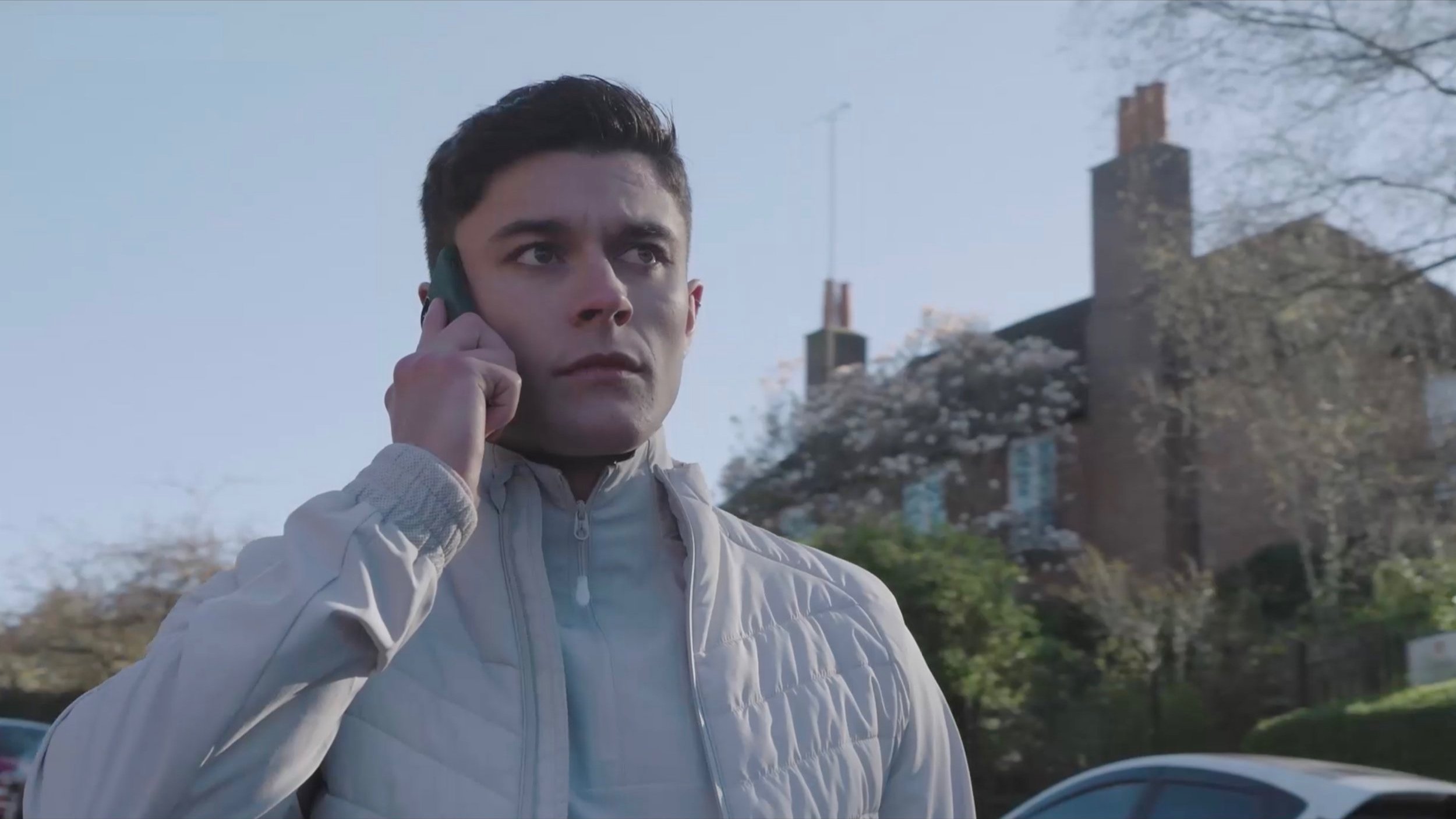
Doctors is a long-running BBC continuing drama set in a Midlands GP practice, following the lives of staff and patients.
In 2023 I directed two blocks (6×30') of this much-loved British daytime series, returning at the executive producer’s request. The schedule was intense: 90 minutes of material in seven days, often up to 20 scenes a day across multiple storylines.
It proved a rigorous test of creativity, adaptability and leadership – drawing on my documentary and indie-film background to stay agile under pressure while fostering a safe, collaborative set for the show’s 14-strong regular cast and guest actors.
Stories ranged from stillbirth and disordered eating to later-life surrogacy and brain cancer, demanding both speed and sensitivity. The experience deepened my respect for continuing drama’s pace and discipline, and for the actors whose craft and humanity bring each story to life.
Block producers: Simon Curtis + Andy Richardson
DOP: Mike Carling + Andy Clark
A Camera: James Pugh + Paul McGrory
B Camera” Ollie Thurley + Tom Mills
Script supervisors: Ash Denver + Pippa Spark
Produced by BBC Studios, Birmingham
Guest cast: Catrin Stewart, Mateo Oxley, Aedan Duckworth, Suzanne Proctor, Hannah Morrison, Cliona Flynn and Jamie Nisbet / Tracy Whitwell, Aaron Cobham, Anna Bolton, Lily Hawkins, Michelle Gallagher, Philip Cairns, Rendah Beshoori, Rishi Manuel, Victoria Blunt, Livvi Parsons and Yousef Naseer.
Writers: David Semple, Poz Watson and Rossa McPhillips / Maggie Innes, Olly Perkin and Henrietta Hardy.

